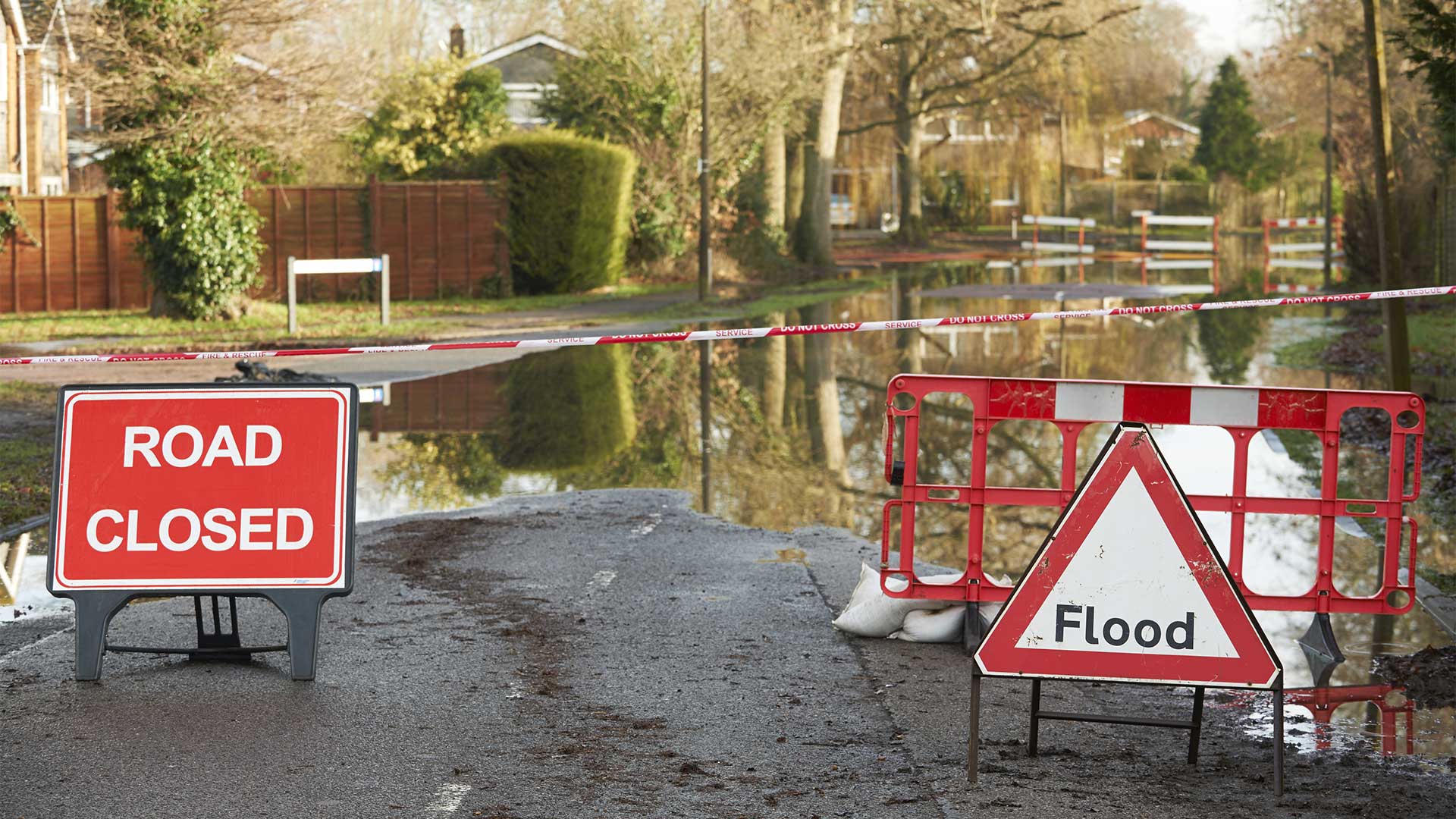Causeway were delighted to exhibit at Floodex in Peterborough between the 28th-29th of February. Floodex brought together leaders across the water management sector to address key issues in the industry.
Hazel Durant, Head of Water and Floods Integration at Defra, opened the main conference on Wednesday morning by focusing on flood management policy. She described the environment as an 'integrated system', emphasising how flooding impacts not only our built environment, but the health of the ecosystems we live in.
Hazel continued, and went on to discuss the importance of ‘The Surface Water Management Plan’, which was published by the government in 2018 as a means of addressing urban and coastal flooding. The action plan outlines ways in which to improve surface water management through improvements in risk assessments and communication, clarifying responsibilities for surface water management, taking measures to ensure infrastructure is resilient, joining up planning for surface water management and building capacity of local authority and those responsible to manage them more effectively.
Over at the ASA theatre, Bronwyn Buntine, Sustainable Drainage Engineer at Kent County Council, introduced the Association of SuDS Authorities (ASA) with the aim of sharing and promote good practice to enhance the effectiveness of sustainable drainage, to own and develop the guidance for the Non-Statutory Technical Standards for Sustainable Drainage Systems, to engage with Government in developing policy and regulation for surface water management. Bronwyn drew attention to the 2007 floods that left 7,800 homes flooded in Hull, she described the event as a ‘wake up call’ for addressing surface water issues.
Bronwyn went on to discuss the increasing pressure there is to build more homes in already densely populated areas, such as the South East. As Bronwyn's discussion came to an end, she stressed the need for essential partnership funding from Local Authorities and appealed for a new approach to be taken.
Sue Illman, owner of Illman Young Landscape Design Ltd, was next to take to the stage to go ‘beyond the surface water review’. She stated that the governments review was often vague and nonspecific where it addressed SuDs design, and went on to express that there was no sense of integration or delivery. As such, an independent review was undertaken by the Construction Industry Council (CIC) flood motivation group, to understand how Lead Local Flood Authorities (LLFA's) operate and how SuDs policy is delivered in practice.
The review found that LLFA’s were underfunded and lacked skilled talent, which resulted in many LLFA's outsourcing work, continuing to increase costs. Pre-application is essential for major projects, yet under a third of LLFA’s were automatically involved in the process, with significantly less involved in minor projects. Comments were made regarding developers submitting as little as possible in proposals, with the quality of submissions varying significantly. Sue ended her presentation by stressing that there is a need for a building regulation approach to drainage design, instead of a simple policy approach, especially for smaller developments.
Drainage consultants need to be involved from the preliminary design stage of the development. For large developments, question arises whether consultants should work more closely alongside architects in the first instance, before designs are delivered to developers. SuDs are becoming an essential aspect of every development, could this approach be how we ‘stop building houses that flood in flood risk zones’’? It was clear that the vast consensus from the event was that there needs to be a large shift in the way that we plan and design in order to tackle flooding across the UK.
To find out how Flow can help Local Authorities with checking and auditing drainage schemes download the data sheet here.



